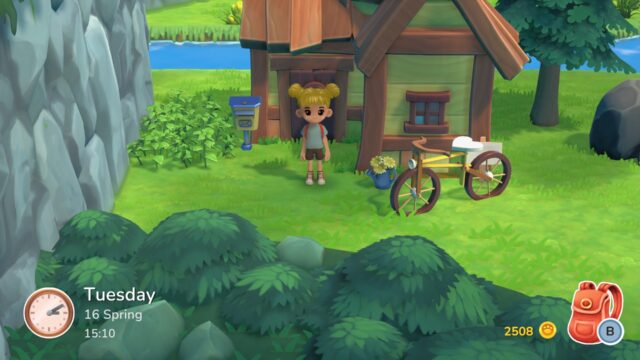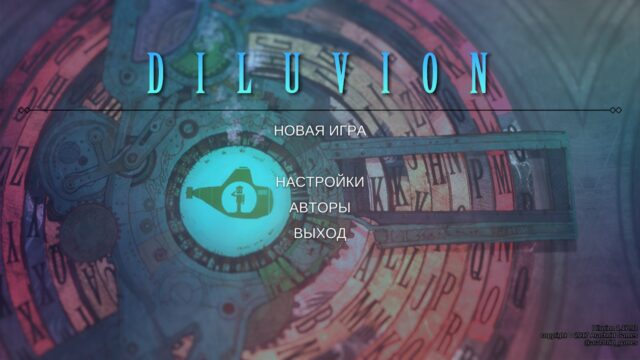Dragon Age: Inquisition - Apparently, the Main Game of 2014
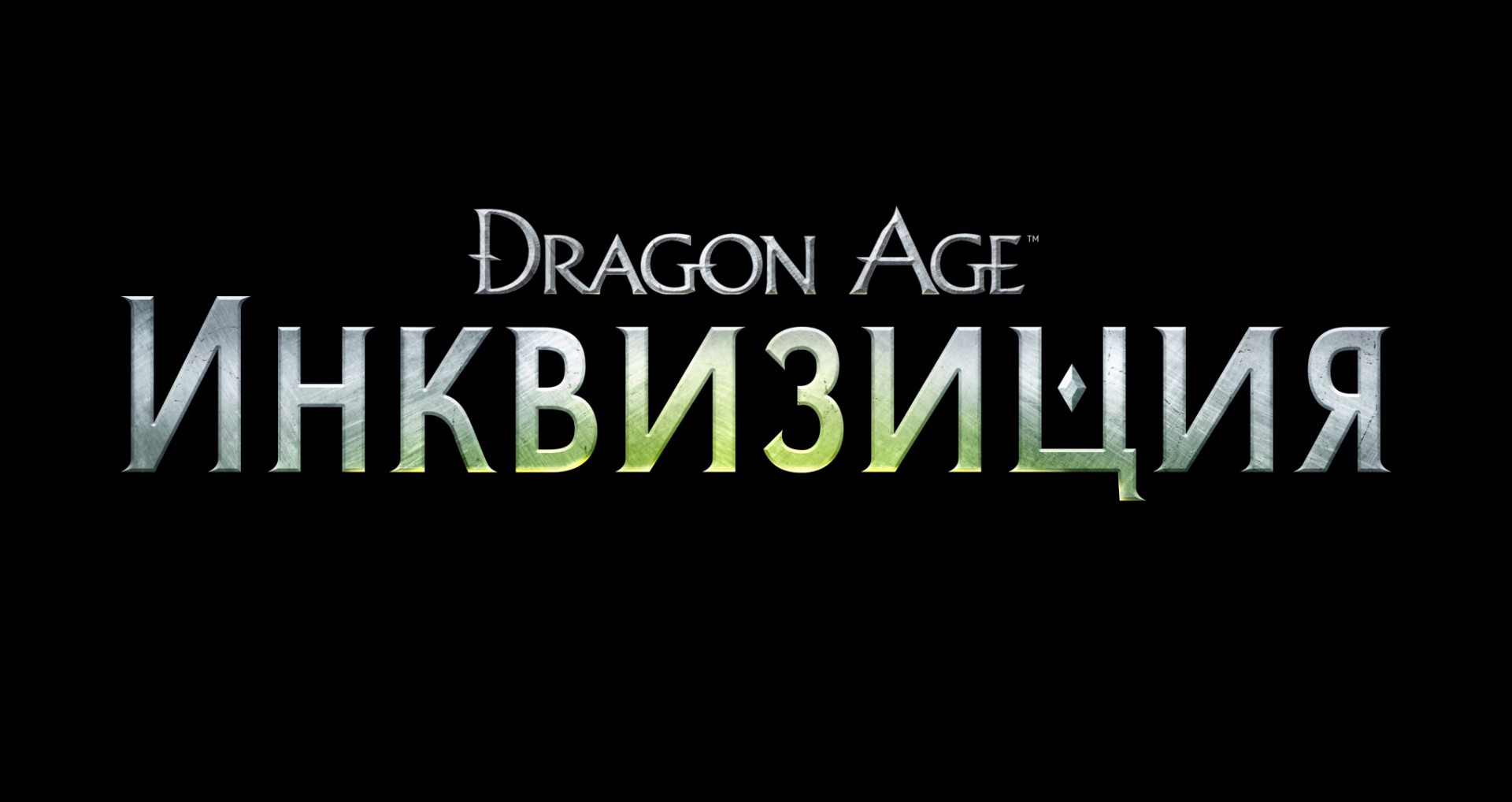
Remembering exactly what my Grey Warden did in Dragon Age: Origins is decisively impossible. The overall plot still somewhat resurfaces, especially since my Inquisition comrades constantly remind me of the Archdemon dragon, but the details of that life seem to have irretrievably slipped away. For example, with whom exactly did my hero, uh, have a relationship ten years ago?
The situation is further worsened by the fact that the original Ferelden adventure was completed at least three times, and I distinctly remember the Warden having dalliances with Leliana (spelled with an “e” in the Russian translation, I don’t know anything), and with Morrigan. And it seems like there was someone else at some point. Which specific version of the love and other stories was imported into Inquisition? What should I do with this jumbled baggage now? I either made a devil’s deal with Morrigan or I didn’t. I remember that crossroad, but I don’t remember which way I turned.
The events of the second part are easier to recall. Especially since everything there was more or less straightforward and quick. But it seems that something in the new save importer either doesn’t work or the writers decided to solidly twist certain episodes of the story, which is why the characters speak strangely about the twists and turns of my personal Kirkwall saga.
But fortunately, all of this is only important to the extent that you want to spoil the celebration for yourself. Inquisition is an epic and vibrant canvas regardless of whether you played the previous parts and what you did there.
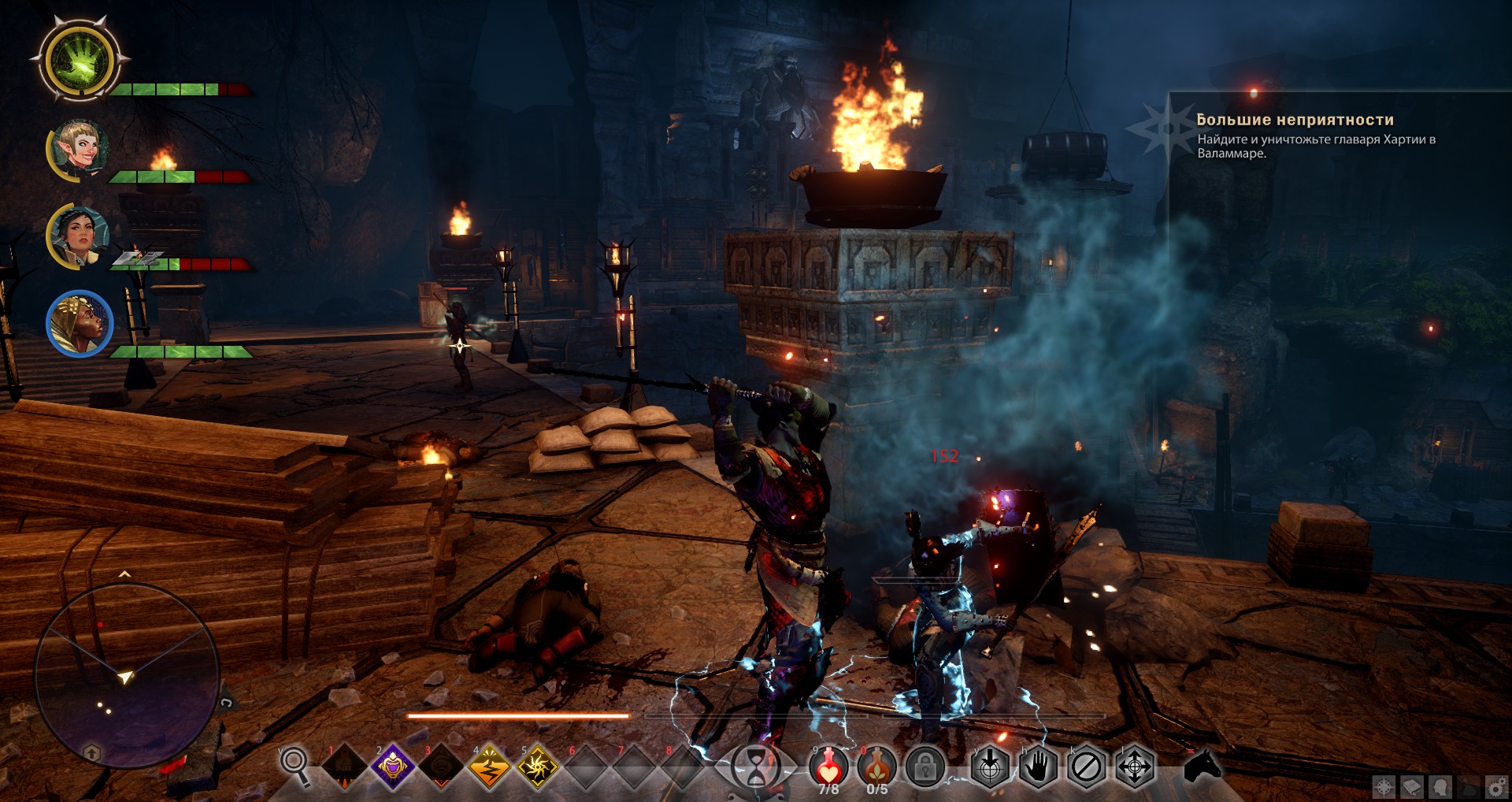
The third part begins immediately with good news: it is now possible to create Qunari heroes and heroines. The local orcs have finally accumulated enough interesting background and popular love to try out for the leading role.
However, what awaits is as follows.
After the events of the second part of the game – to be more precise, the successful uprising of the mages against their overseers-templars – and presumably episodes of bloody magical anarchy, the high priestess of the local Monty Python-Catholic church decides to hold large-scale assembly negotiations, and the mages seem to be going along with it, albeit reluctantly. Certain individuals sacrifice someone (or something, it’s not immediately clear) to the priestess and open a number of one-way portals from the demon world. Which, as you can easily understand, is not good and is almost an apocalypse.
Fortunately, the evil ritual also does not go according to plan, and in the hands of the Forces of Good is a human/elf/Qunari/dwarf (didn’t forget anyone, I think) capable of closing the demonic portals. But since there is obvious chaos all around, they will have to work on a public basis, even though the assembly’s activist with a ready action plan is already eager for battle.
Moreover, familiar faces are all around. Two of the three debut companions of the main character – the well-known dwarf Varric from Dragon Age 2 and the inquisitor Cassandra, who had deep conversations with him. Plus, there is Leliana herself as an advisor and head of local intelligence. As the plot develops, the hero will meet many others, and, pleasantly, the majority of the encounters will be with interesting characters. Blatantly flat comrades in “Inquisition” are confined to very small episodes where it is simply impossible to develop.
By the way, if you really choose a Qunari as your main character, then during the game you will receive a pleasant story bonus. The catch is that because of the ability to close demonic portals, the people will call the protagonist the Herald of Andraste. In the local religious orbit, Andraste occupies roughly the same place as Jesus in Christianity, so her messenger is a serious status. The spicy part is that the Qunari do not believe in her, her husband-god, and other Fereldan nonsense, preferring to either follow the homegrown Qun code or not follow anything at all. The relationship between the Qunari and the Andrastian church is accordingly complicated; observing the people’s reaction to the Qunari messenger is a separate amusement.
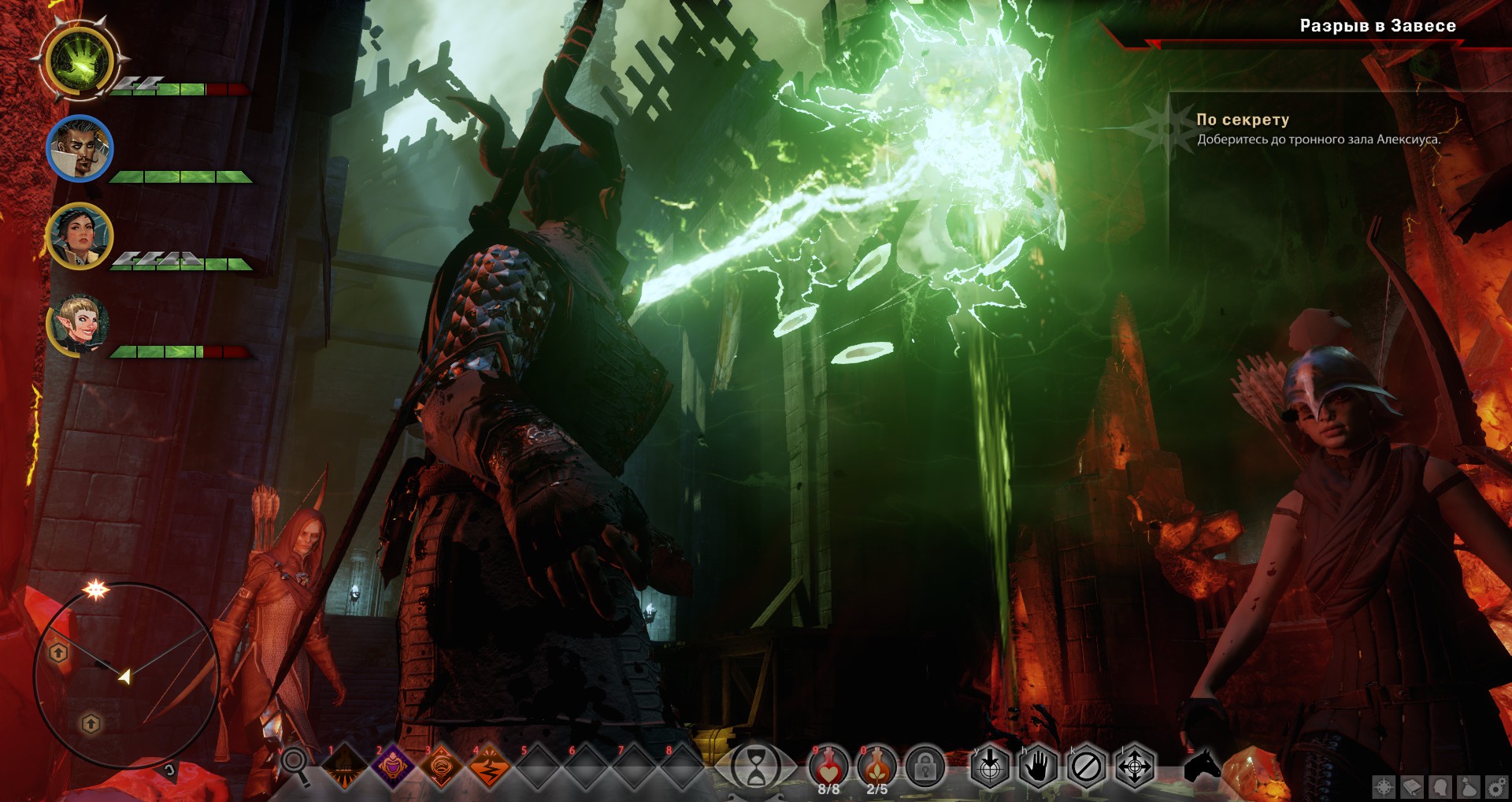
What you could rightfully criticize Dragon Age 2 for at the time was the lack of variety in field trips. For the conflicts between good and evil, they allocated only one not very large city, one big dungeon, and a few suburban meadows that had to be circled around twenty times each. Well, that is if you wanted to fully immerse yourself in the game.
In comparison to DA2, “Inquisition” didn’t really improve much except for the combat system, which was already good, and the silly console menu interface. All developers of console role-playing games should urgently go and learn from Destiny Inquisition, on the other hand, has such a strict order that it’s tempting to compare the open spaces to Skyrim. A close and serious comparison will most likely show that no one comes close to the fifth part of Elder Scrolls, but “Inquisition” is currently in a solid second place.
Now we have healthy locations with a bunch of scattered quests in them. A la Borderlands, but more saturated and almost without running around from the quest giver to the actual action.
The range of quests, however, is not very original – find treasures, defeat bandits, calm spirits, chop demons, deliver medicine to grandma, but! For once, the designers managed to successfully tie random quests to the main adventure. Inquisition is a force for modern Ferelden and others, so honest people won’t just flock to you as sponsors/volunteers/sympathizers, it won’t give you cool quests and gear, and it won’t allow the plot to progress. First, you need to gain influence over the citizens. The more good deeds are done, the more conditional influence points the Second Inquisition Party gains, and the more prospects open up. More prospects – more missions. The further you go, the more this spiral of happiness unravels, and the more room for maneuver the player has.
And we also have advisors now.
In addition to the actual combat companions who personally accompany the Herald on his outings, the Inquisition can boast three powerful generals. The first is the former templar Cullen, the second is the Orlesian aristocrat Josephine, who heads the diplomacy, and the third is our old acquaintance Leliana, the head of intelligence and espionage. If you closely follow the twists and turns of the new story, then all three of them turn out to be important figures on the local chessboard; from a purely practical point of view, these comrades are as useful as boys and girls on errands, performing “background” tasks a la Assassins Creed. Well, like “wait an hour, and you’ll magically get 100 gold and three bunches of dill.”
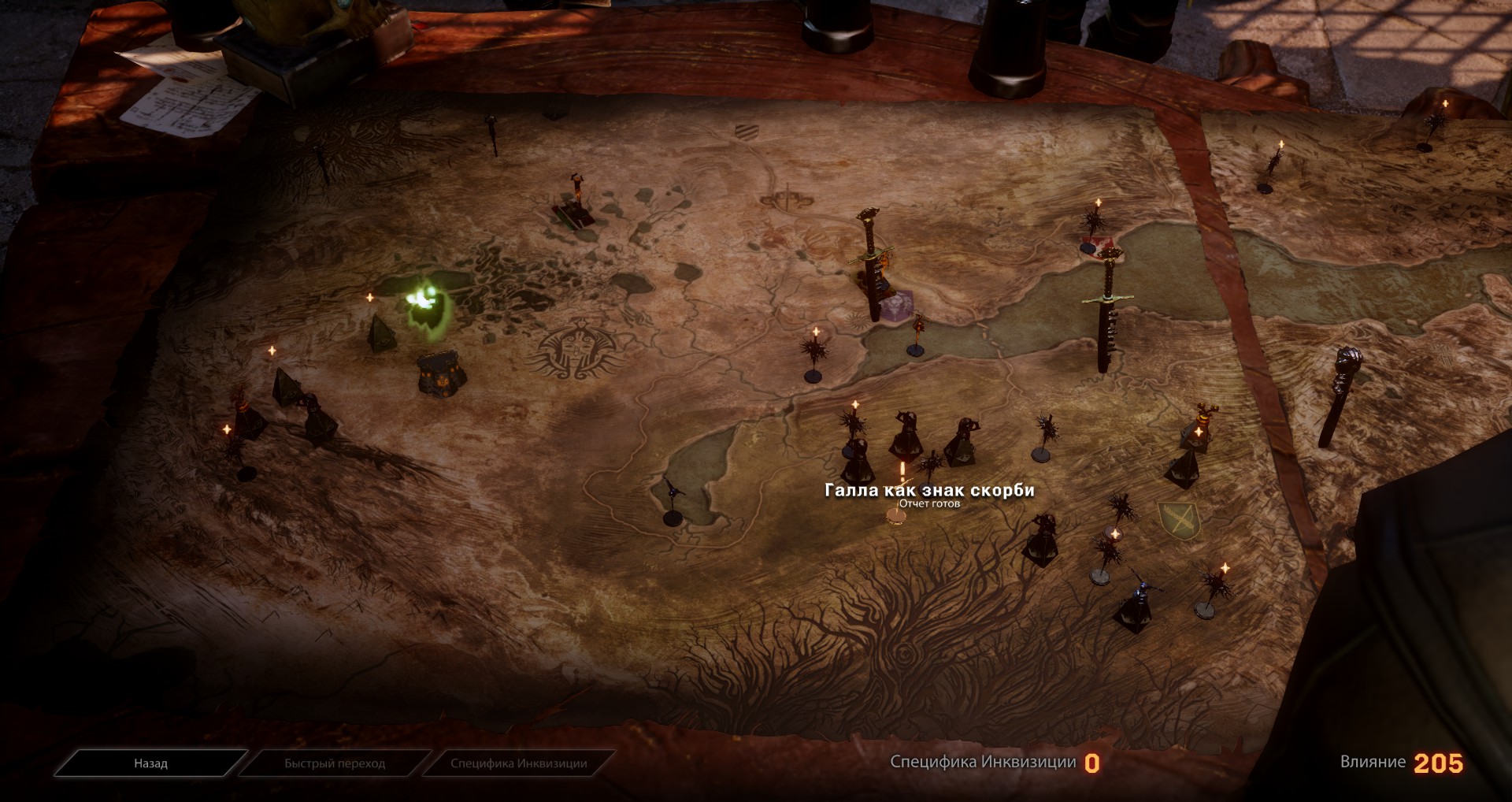
And finally, we now have a base. And not just one.
If in the first part of DA the travelers, despite being Grey Wardens, wandered through the kingdoms with a poor nomadic camp, and in the second part the hero’s family had an empty boring city house, then the newly formed Inquisition is already working thoroughly, with a general headquarters, strategic outposts, and scout camps on the ground. Naturally, we will only get an abandoned castle on the outskirts and a couple of tents for free; outposts will have to be taken by force, and potential camps will have to be marked personally. The captured fortifications serve as both checkpoints (which can be quickly teleported to via the map) and potion storages. The only thing they lack is the ability to directly send their assistants on new missions somewhere right at the field military table, but other than that – it’s just beautiful.
The routines in Dragon Age: Inquisition are as much as you want. Thanks to the ingenious decision of the designers who made iron/herbs/other crafting materials renewable, quests to collect ten parsley roots and five gold nuggets have also become endless, but you can’t get direct experience for them. But on the other hand, you can forge and cook yourself as many legendary armor sets +10 as your soul desires. If the soul doesn’t want to bother with collecting junk at all, field and mining work can be delegated to the same Leliana, Josephine, and Cullen. This way, the necessary minimum of resources will always be at hand, and there will be no need to waste time on uninteresting grinding.
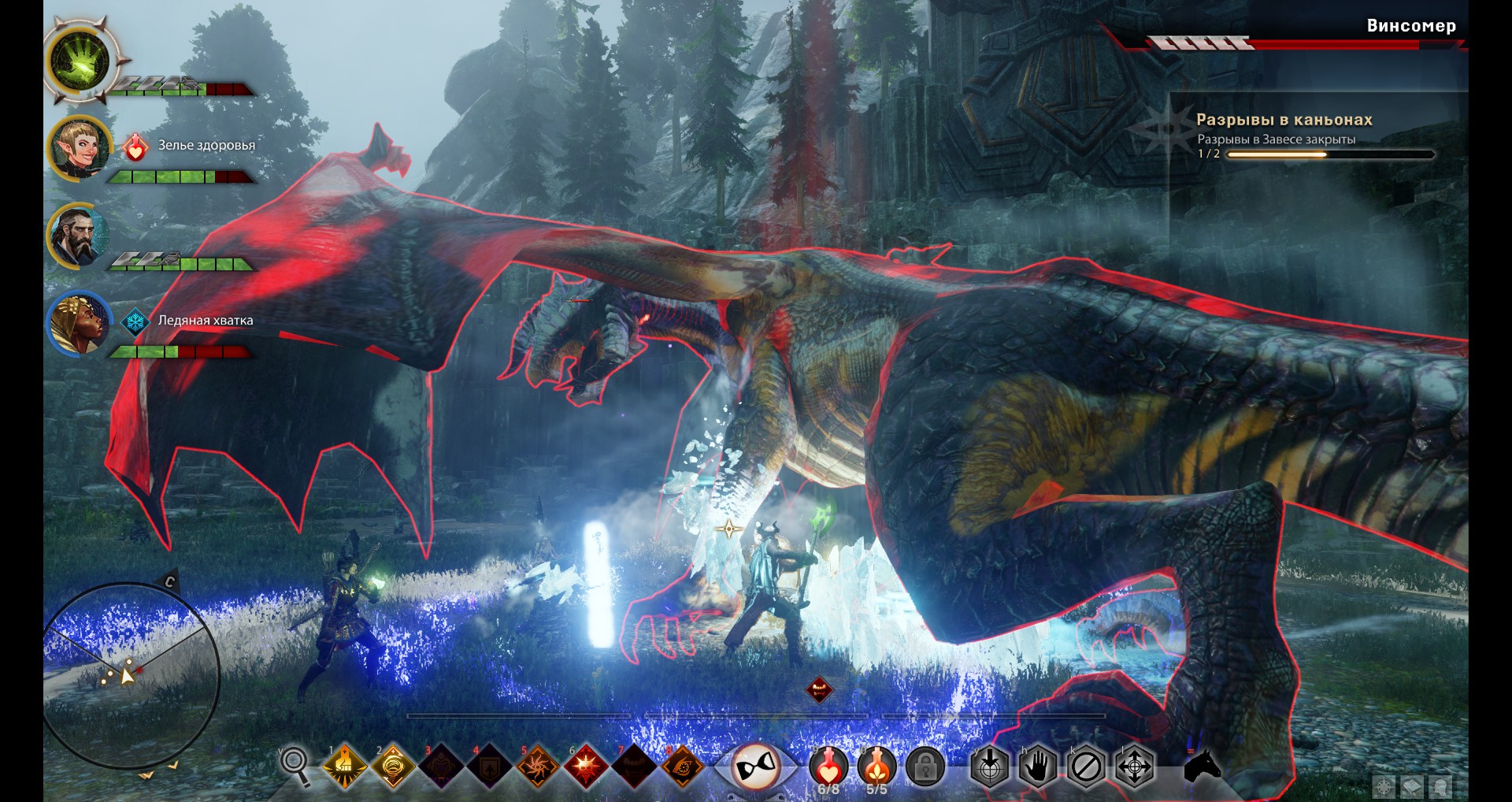
Dialogues in the game, as you can easily guess, are also abundant. It’s hard to imagine anyone managing to read through all these conversations, in addition to various notes, books, and other memoirs, generously scattered throughout the world. It’s fortunate that the content of these notes can be safely ignored, otherwise reading the texts in “Inquisition” would be hardcore.
Because, you know, there have been more and more cases of “text grinding”. This is when you have to scroll through long paragraphs of letters mixed with punctuation marks, which don’t mean anything to you personally or even in the context of the game’s plot. You just have to engage in meaningless dialogue in order for the characters to gain +2 morale at the end. And you have to do it a thousand times until you either succumb to fate or give up on completing the game.
By the way, I take this opportunity to greet the developers of Banner Saga and wish them a better release for the second part of the series than the debut.
In DA:I, they really managed to cater to the player’s preferences. If you want a lot of Drama, you get a lot of Drama; if you don’t want it, your party members won’t force you to listen to their bugs in their heads. If you want to personally craft a mega hammer that gives +500 to everything in the world, go ahead and embark on a resource-recipe hunt; if you don’t want to, you can easily do without it. Yes, and I want to separately praise the designers for not rushing you anywhere in the game and almost not interfering with your peaceful consumption of “secondary” content before diving into new exciting plot twists.
In short, Dragon Age: Inquisition turned out to be a solid project from all sides, not lacking in design talent, scriptwriting finesse, or amount of content. After all, how can you regret anything for the best game of the year?
Share
Discuss
More Reviews
